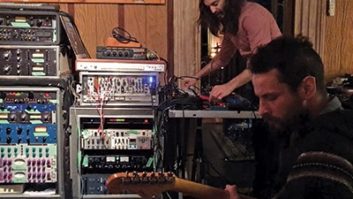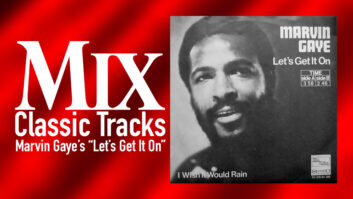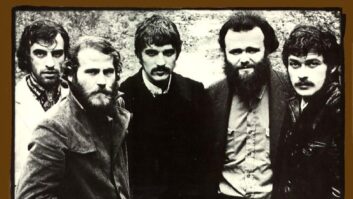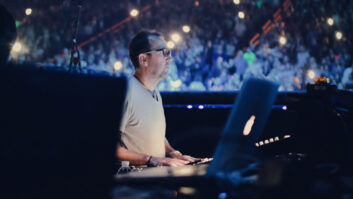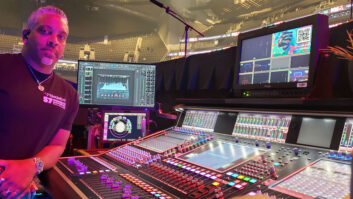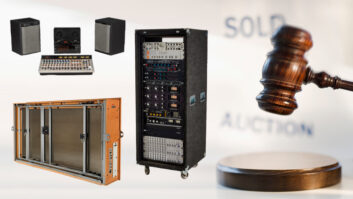
Engineer Michael Rendall uses the word “ecstatic” to describe the playing on Lo-Fantasy, the latest rock-via-’70s-funk-and-punk album from the Sam Roberts Band. The dynamic vibe on the release grew from live sessions in Montreal’s Mixart Studios, where Rendall and producer Youth captured the players in 12 high-energy days.
“Youth famously wants to move fast and get the performances,” Rendall says. “The band was inspired by how quickly things went. They’d do four or five takes, walk back into the control room, and it’s already sounding like a record. Any technical choices occurred with that same kind of mentality: Nothing’s overanalyzed.”
That said, Youth and the band chose Mixart for specific reasons that support their approach: a large open live room, vintage Neve console, good mic collection, and a seasoned staff, including Rendall’s co-engineer Nicolas Pétrowski, who helped get the project on track quickly. Youth and Rendall record to Logic, feeling that the speed and efficiency of the platform allow creative juices to flow.
Recording chains were thoughtful but simple, and took bandmembers’ preferences into account. “A vocalist like Sam knows what’s good [on his voice],” Rendall says. “Sam’s fond of the [Shure] SM7. Mixart has a beautiful Neumann M 49, which Nico recommended, but we mainly used the SM7.” From there, Roberts’ vocal—which was overdubbed after the band sessions—went through the console, via an 1176. Further vocal overdubs were done in Youth’s personal studio in Spain before the album went to Dave Bascombe to be mixed.
“There’s major credit due to Dave and his mixes,” Rendall says. “He got everything sounding great the first time, almost every time. Work on this album was all a reaction to the band playing.”
